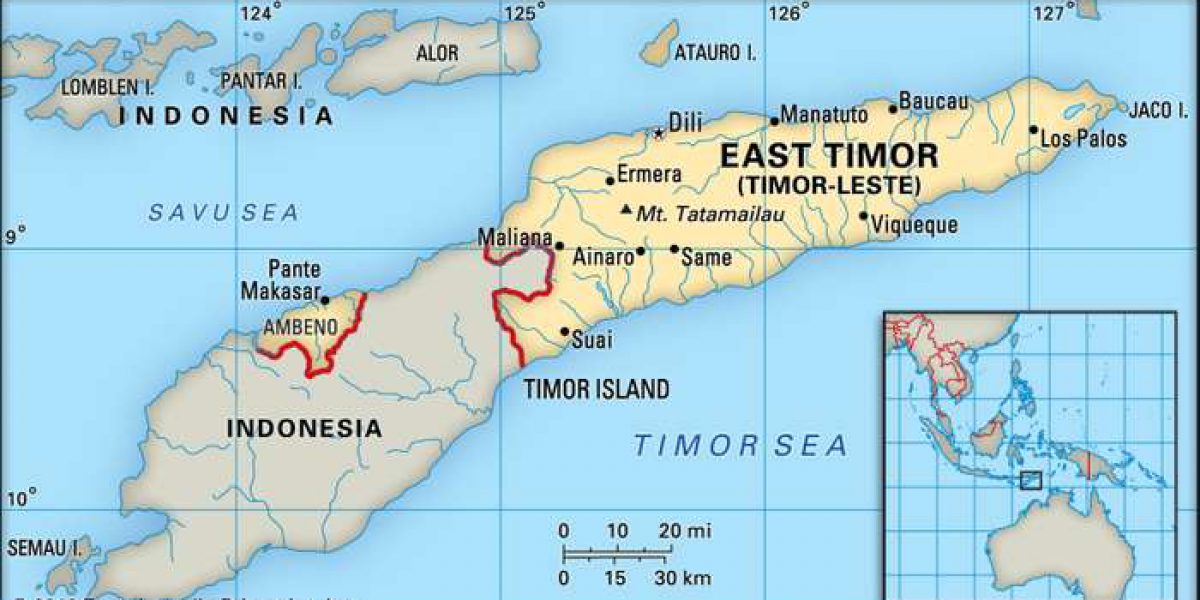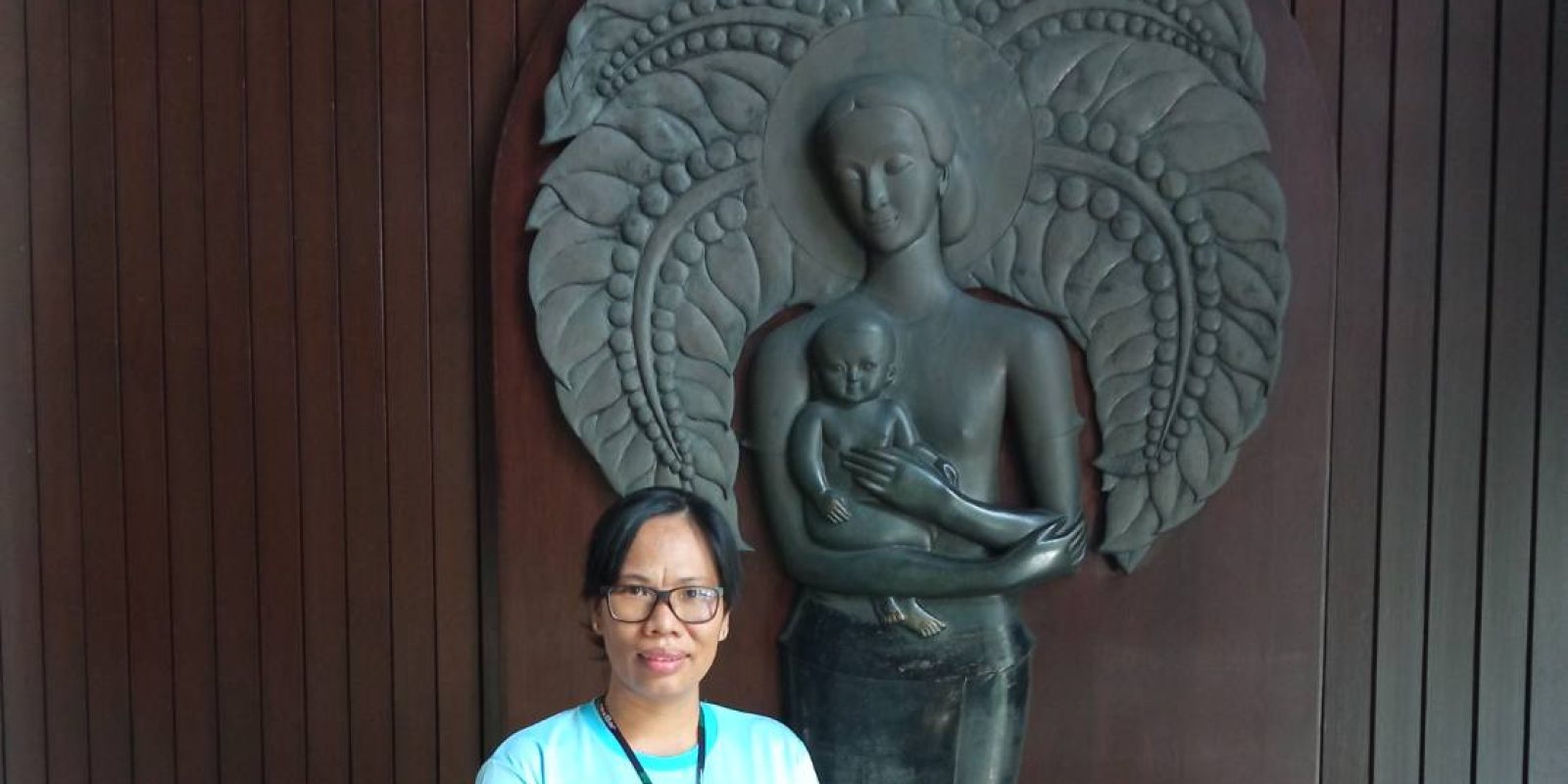Timor Leste: The struggle of returning home
10 December 2010|Louie Bacomo, regional programs officer

Kupang, 10 December, 2010 — After a decade of living in West Timor, Mrs Clara Ximenes decided to return home.
“My life in Kupang was very hard,” the single mother relates.
She was cleaning houses after her husband left her and their two children but could not make ends meet. In October, she gave up her status as a “new citizen” (those who chose to remain in West Timor, Indonesia when the option to return was presented in 2003).
“I went to the Embassy of Timor Leste in Kupang and was referred to CIS,” she recounted the beginning of her journey back with the help of the local NGO.
After giving her Indonesian ID card at the border, she was greeted by an NGO worker from Timor Leste who works with the Timor Centre for IDPs (CIS) and was brought to relatives in Dili who earlier agreed to accept her.
“My sister has many children of her own and so I cannot stay dependent to her,” Mrs Ximenes firmly resolves.
When we met her, she was trying to get an official Portuguese translation of her birth certificate, the education of her two children who needs to learn the local language having been born in Indonesia and finding her own home in the country of her birth.
As 2010 ends, JRS reflects on its work of accompanying the forcibly displaced return home. The 22,577 IDPs JRS assisted in 2007 have been reintegrated into local communities. Since 2009, the work has focused on rebuilding trust and reconciliation through mediation and capacity building at the local level.
The task of (re)building the country faces many challenges: residual conflicts over land and property remain, unemployment is high, territorial disputes over natural resources is unresolved, environmental degradation is heightening and local capacity needs strengthening.
While the rebuilding process continues with the reintegrated IDPs, the quiet return of “new citizens” to Timor Leste is an emerging issue that needs attention. The Timorese government has declared that those living in the Indonesian province of East Nusa Tenggara are welcome back but leaves the process of return and assistance to this group precarious.
In fact, as the population of returning “new citizens” steadily grows, the lack of official bilateral agreement and government action towards a planned return process eventually risks potential violence and social instability.
JRS continues to support and, at the same time, present a challenge to government and stakeholders to ensure that all the displaced are given protection and equal rights. Many Timorese like Mrs Ximenes who have returned often find their circumstances not much better than when in exile. The question begs to be asked: Will Timor Leste’s rebuilding process become more responsive and truly become a home for all who have returned?


